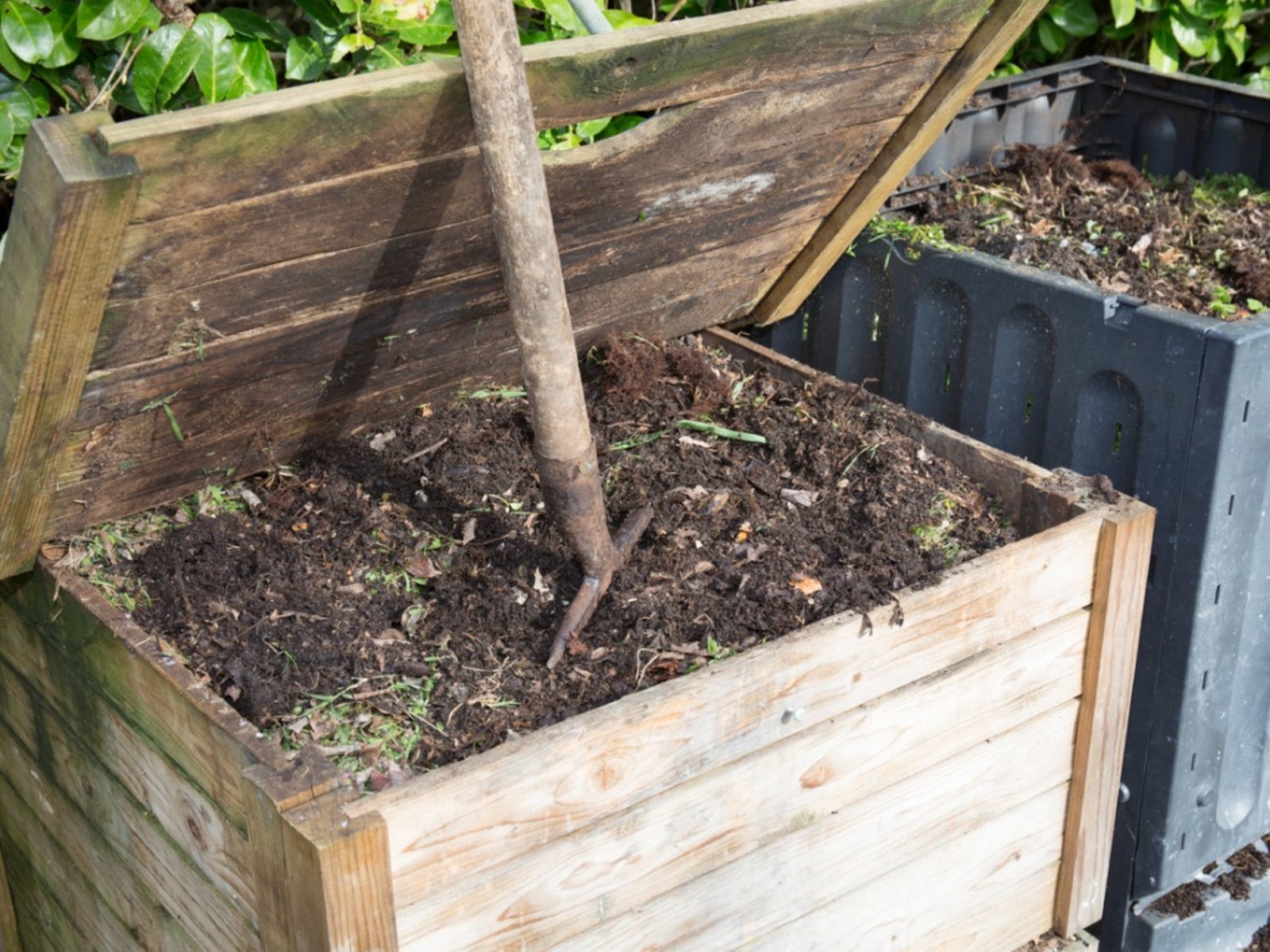Compost Enhancing Bacteria: Information On Beneficial Bacteria Found In Garden Compost

Bacteria are found in every living habitat on earth and play an essential role with regards to composting. In fact, without compost bacteria, there would be no compost, or life on planet earth for that matter.
Beneficial bacteria found in garden compost are the garbage collectors of the earth, cleaning up trash and creating a useful product. Bacteria are able to survive extreme conditions where other life forms crumble. In nature, compost exists in areas such as the forest, where compost-enhancing bacteria decompose organic matter like tree and animal droppings.
When learning how to compost, you need to know that putting beneficial bacteria to work in the home garden is an environmentally friendly practice that is well worth the effort.
The Job of Compost Bacteria
Beneficial bacteria found in garden compost are busy breaking down matter and creating carbon dioxide and heat. The temperature of compost can get up to 140 degrees F. (60 C.) due to these heat-loving microorganisms. Compost-enhancing bacteria work around the clock and in all sorts of conditions to break down organic material. Once decomposed, this rich, organic dirt is used in the garden to enhance existing soil conditions and improve the overall health of plants that are grown there.
What Type of Bacteria is in Compost?
When it comes to the topic of compost bacteria, you may ask yourself, “What type of bacteria is in compost?” Well, there are many different kinds of bacteria in compost piles (far too many to name), each needing specific conditions and the right type of organic matter to do their job. Some of the more common compost bacteria include:
- There are cold-hardy bacteria, known as psychrophiles, which keep working even when temperatures dip below freezing.
- Mesophiles thrive at warmer temperatures between 70 degrees F. and 90 degrees F. (21-32 C.). These bacteria are known as the aerobic powerhouses and do the majority of the work in decomposition.
- When temperatures in the compost piles soar over 10 degrees F. (37 C.), thermophiles take over. Thermophilic bacteria raise the temperature in the pile high enough to kill weed seeds that may be present.
Helping Bacteria in Compost Piles
We can help bacteria in compost piles by adding the right ingredients to our compost heaps and by regularly turning our pile to increase oxygen, which supports decomposition. While compost-enhancing bacteria do most of the work for us in our compost pile, we must be diligent about how we create and maintain our pile to produce the best conditions possible for them to do their jobs. A good mixture of browns and greens and proper aeration will make bacteria found in garden compost very happy and speed up the composting process.
Sign up for the Gardening Know How newsletter today and receive a free copy of our e-book "How to Grow Delicious Tomatoes".